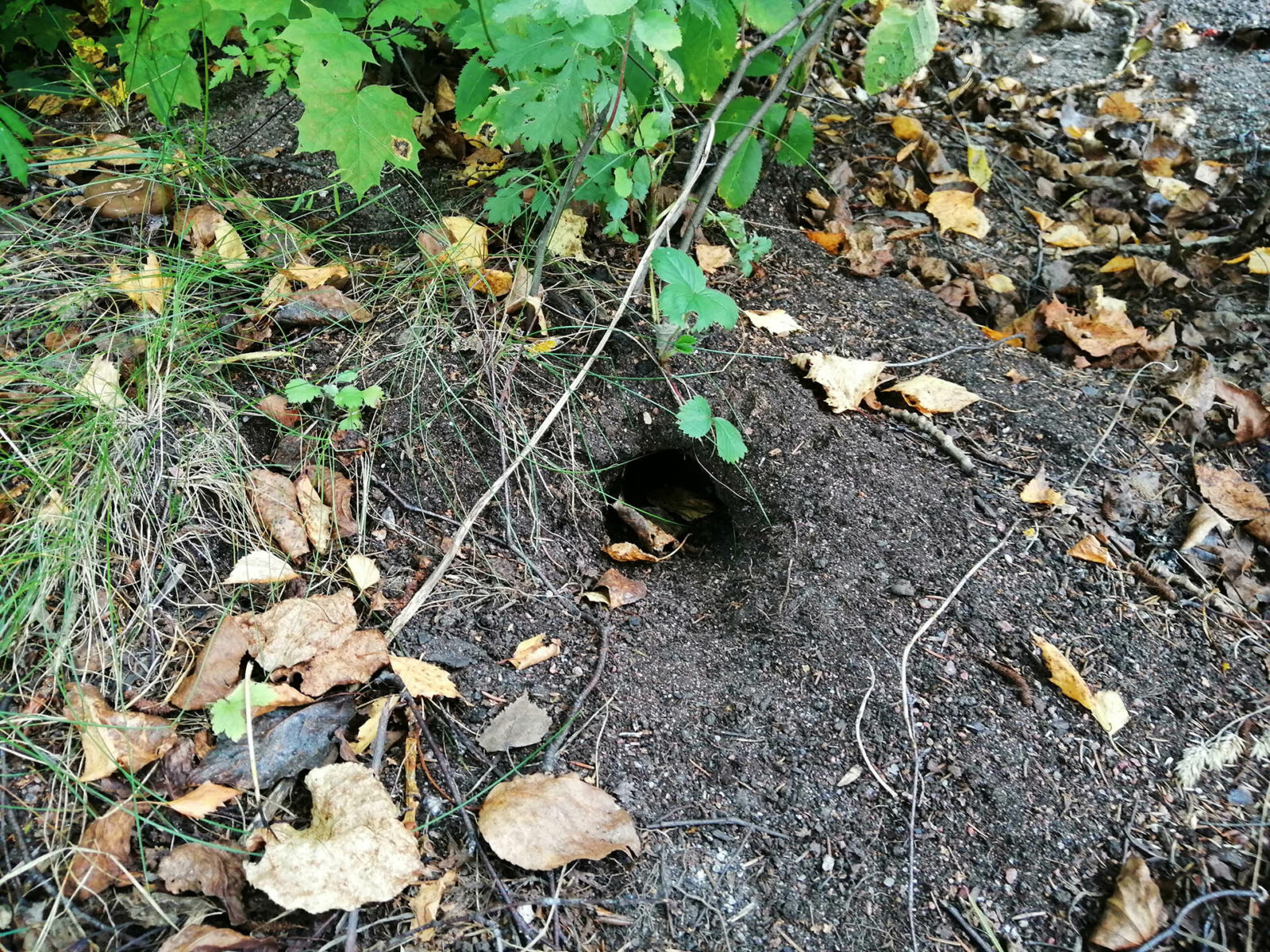If rats are frequently seen in an area, it is likely that they have a regular source of food in the vicinity. Residents and businesses should ensure that waste management is adequate. If rats have already settled in the area, measures must be taken to control them. Rat control is the responsibility of the property owner or occupant.
Prevention is of primary importance in rat control. Rats are omnivores: their access to grain and feed stores, bird feeding areas, compost heaps, or waste containers should be prevented. Waste rooms must be clean and waste containers intact – the bottom plug is the weak point of a waste container.
Waste containers must be emptied frequently enough, and their lids must be kept closed.
Composting
Biowaste may only be composted in a closed, well-ventilated composter designed for this purpose, which is protected from pests. The composter must have a closable lid and a sealed bottom. There must be no gaps larger than 7 mm in the composter. The composter must not be emptied before the waste has decomposed.
The composter must be thermally insulated if biowaste is placed in it during the winter (September 1 to April 30). If the composter becomes full, for example due to freezing, you can order a replacement from Salpakierto Oy.
The container may also be shared with neighbors. The property- and area-specific separate collection obligations for waste management are described in more detail on the City of Lahti website.
Remember
- Do not put food scraps or edible garden waste such as apples in the garden waste compost.
- Do not pour grease or food scraps down the drain, as this promotes the living conditions of sewer rats. Rats can also enter your home through the sewer system.
- Keep small bird feeding areas clean in winter. Feeding on the ground is not allowed. Do not feed birds in summer, as they can find sufficient food in nature. The wrong kind of food can be harmful to birds’ health.
If there are signs of rats on the property (droppings, gnawed structures/packaging), it is necessary to map out where or in which area the rats are moving. Rats prefer ground-level habitats where they can easily dig underground tunnels for themselves.
Control as soon as possible
Rats avoid open areas and usually move around after dusk. Rats only leave their nests to search for food. When there are a lot of rats, they can also be seen during the day. The owner or occupier of the property is obliged to take measures to exterminate pests if necessary.
Rat sightings in apartment buildings should be reported to the property manager. In detached house areas, it is recommended that several properties in the neighborhood participate in pest control. Pest control measures are more successful when they are started as soon as possible.
Immediate use of lethal rat traps is recommended for catching rats. The trap must be effective enough to kill the rat. Rat traps are available from pest control companies and well-stocked department stores.
If prevention or trapping is unsuccessful, contact a pest control company. Rodenticides for rat control are not available to consumers. It should also be remembered that rodenticides are toxic to humans, other mammals, and birds.
